Question And Answer
Publications
Articles, publications, books, tools and multimedia features from the U.S. Institute of Peace provide the latest news, analysis, research findings, practitioner guides and reports, all related to the conflict zones and issues that are at the center of the Institute’s work to prevent and reduce violent conflict.
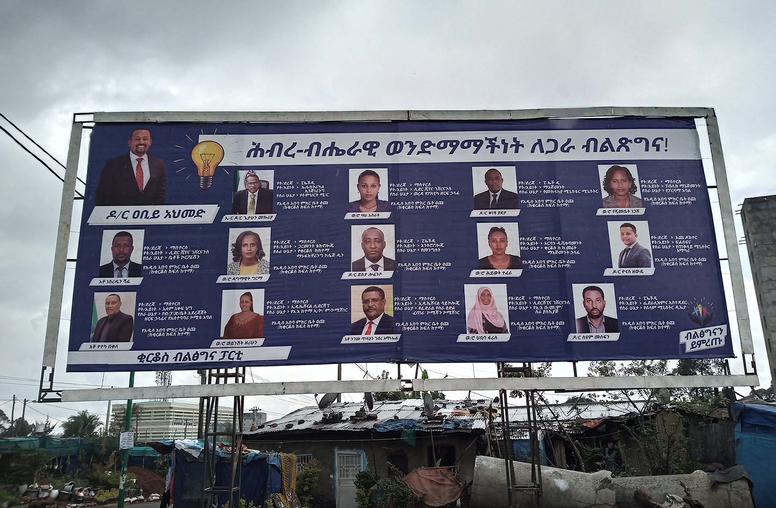
Why Ethiopia’s 2021 Elections Matter
Facing numerous technical difficulties, the National Election Board of Ethiopia (NEBE) delayed parliamentary elections from June 5 to June 21, postponing the vote for the second time. Some major opposition parties are boycotting, and no voting will take place in civil war hit Tigray or in several other areas facing insecurity. Elsewhere, deficiencies in election administration have meant voting has already been postponed in many constituencies, and some of the logistical arrangements to underpin the vote are still to be implemented. Although there are risks of electoral violence, any incidents are unlikely to be especially significant in a context of high levels of ongoing political violence.
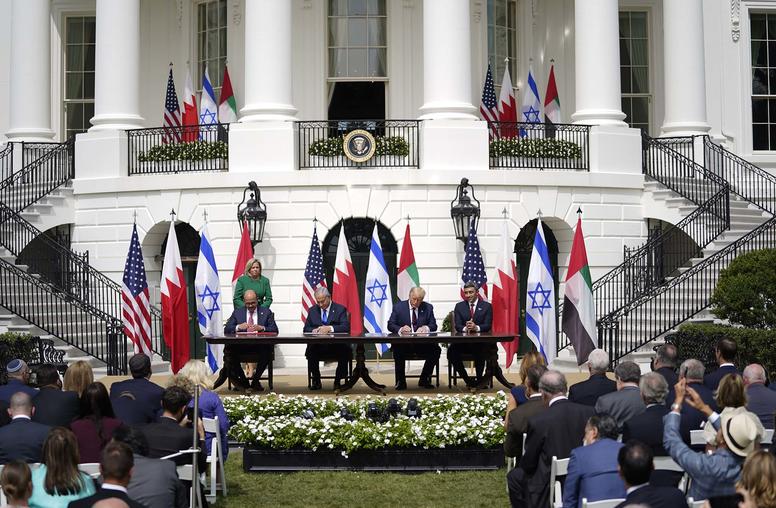
Can the ‘New Normalizers’ Advance Israeli-Palestinian Peace?
The recent outbreak of Israeli-Palestinian violence raised renewed discussion on how Arab states that inked normalization agreements with Israel in 2020 can advance peace between Israelis and Palestinians. The “new normalizers” (UAE, Bahrain, Sudan and Morocco) may be weighing the pros and cons of heavily involving themselves in efforts to resolve this protracted conflict but should not dismiss the opportunity. They can and should play a more proactive and constructive role, which would enhance regional stability and prosperity and advance the normalizers’ own interests. It will be up to the international community, the Palestinians and regional stakeholders to bring them into the peacemaking fold.
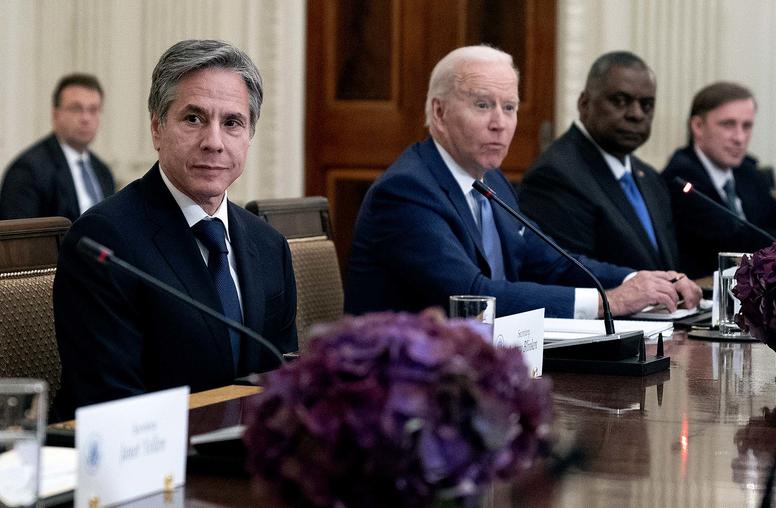
10 Things to Know: Biden’s Approach to the Israeli-Palestinian Conflict
Coming into office, the Biden administration was clear that the Middle East would largely take a backseat in its foreign policy agenda. But recent developments in Jerusalem and the 11-day war on Gaza forced the Israeli-Palestinian conflict back into the forefront of international attention and revealed elements of the administration’s approach to the conflict. U.S. policy on the conflict has long been a point of bipartisan harmony, with more consensus than contention. The Biden administration’s emerging policy largely aligns with past administrations’ policies, with a few notable differences. But can this approach advance peace amid this protracted conflict?
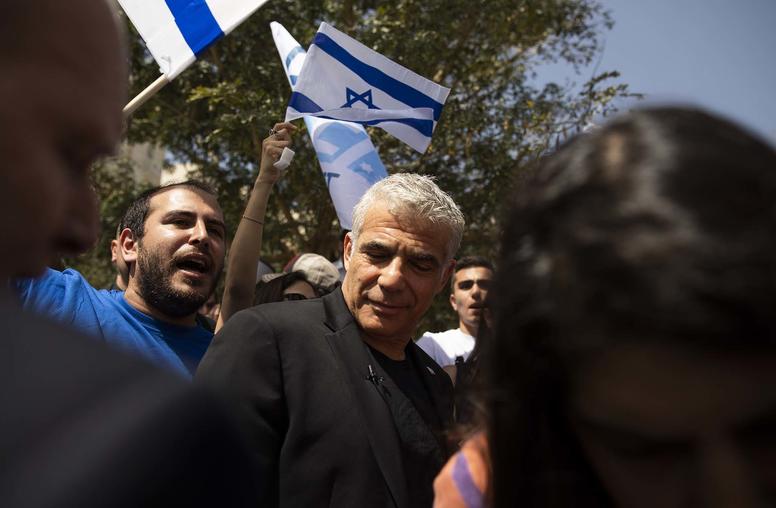
Can Israel’s New Coalition ‘Change’ the Israeli-Palestinian Conflict?
With minutes to spare before his mandate to form a coalition expired, Yair Lapid, the leader of Israel’s center-left Yesh Atid party, announced that he had formed a governing bloc. This announcement could usher in an Israeli government that, for the first time in 12 years, is not led by Benjamin Netanyahu. The down-to-the-wire negotiations befit the prior two years of Israeli political drama — with four elections held since April 2019. While this potentially portends a new, post-Netanyahu chapter in Israeli politics, it is unlikely that the ideologically disparate coalition cobbled together by Lapid —with Naftali Bennet, a hard-right politician, at its helm — will yield significant progress toward peace.
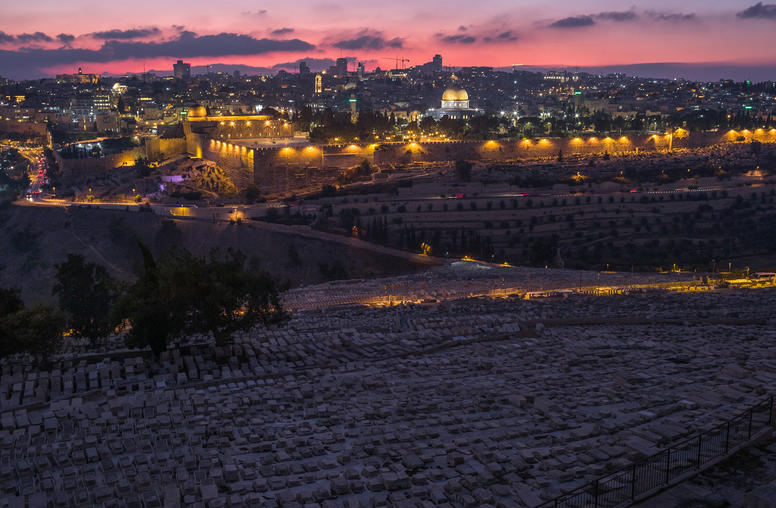
The Israeli-Palestinian Conflict Amid a New Reality and a New Region
Thirty years ago, the Madrid Middle East Peace Conference aimed to resolve the Arab-Israeli conflict and initiated what we now think of as the Israeli-Palestinian peace process. Three decades later, the world and the region have undergone tectonic changes, bearing little resemblance to 1991 when the Cold War came to a close. Yet, Israeli and Palestinian leaders are still dealing with their conflict as if it is business as usual. The time has come for them to take a more sober look at the global and regional trends that spell trouble for them and their peoples. Without such a reorientation from leadership on both sides, it is likely that there will be continued and escalating rounds of violence like what we witnessed this past month.
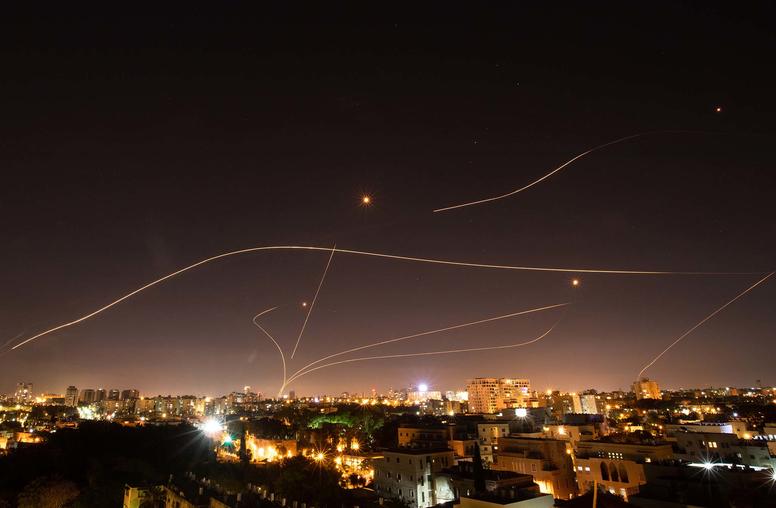
10 Steps Washington Can Take After the De-escalation of the War on Gaza
In a call with Israeli Prime Minister Benjamin Netanyahu yesterday, President Biden said he was supportive of a cease-fire amid the continued violence in Israel and the Palestinian territories. As ongoing Hamas rocket barrages and Israeli airstrikes add to the rising death toll, there are immediate, short-term measures needed to stave off more violence. But, a cessation of the current hostilities will not address the long-term issues that have prevented a resolution to the decades-long conflict. How can Washington break through the long-standing status quo that has stymied efforts to forge a peaceful settlement?
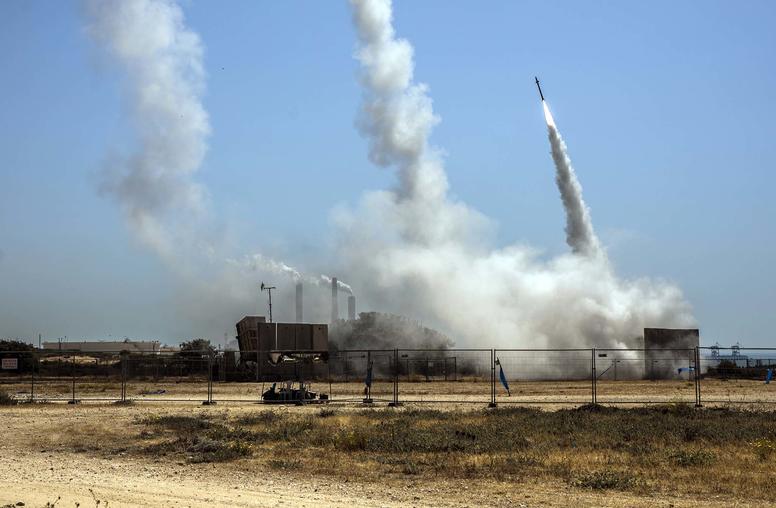
What Sparked the Latest Israeli-Palestinian Confrontations?
For weeks, tensions have been building between Israelis and Palestinians in Jerusalem, with a confluence of recent events and longer-term trends leading to the latest violence. Israeli restrictions around holy sites during Ramadan; increasingly intense protests and violence on both the Israeli and Palestinian sides, with each side blaming the other for initiating; and a court decision, now under higher court review, to remove Palestinian families from an East Jerusalem neighborhood preceded this latest round of conflict — the most violent since the 2014 Gaza war. More broadly though, sclerotic Israeli and Palestinian internal politics not only made this conflagration more likely, but also mean that finding a path to de-escalation will be more difficult.
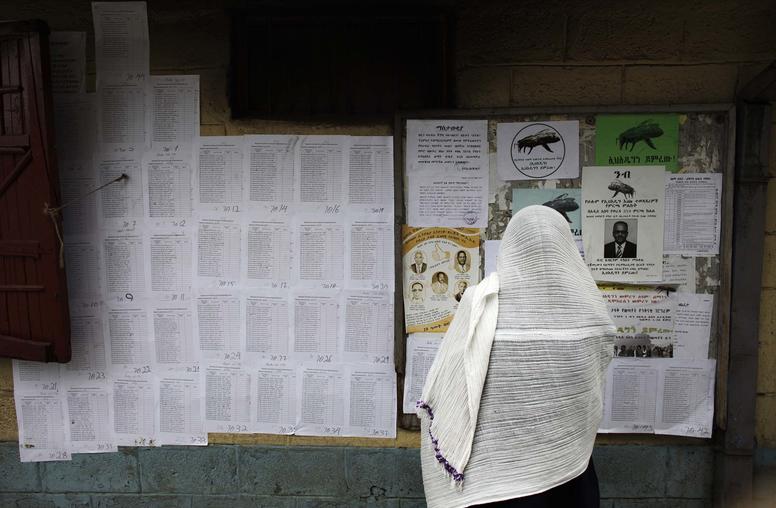
Ethiopia: Contemplating Elections and the Prospects for Peaceful Reform
Ethiopia is approaching parliamentary elections on June 5. This will be the first vote since the process of reform launched in 2018 by Prime Minister Abiy Ahmed, and the stakes are extremely high. Elections to the next national parliament, the House of People's Representatives, may determine future decisions about the structure of the country and consolidate the ruling party’s power. While the short-term outlook for the vote is unlikely to change, the election may offer opportunities to support political dialogue which could sustain important reforms and decrease polarization.
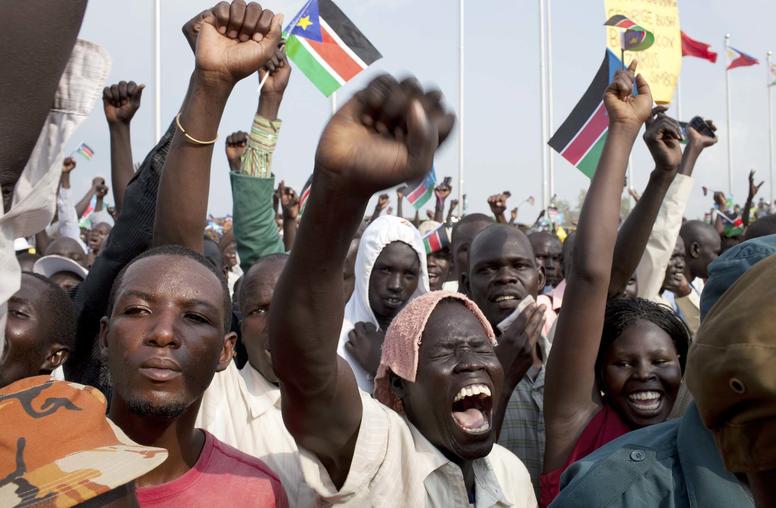
South Sudan’s people have spoken on peace. Is anyone listening?
The United States played a key role in the emergence of South Sudan as an independent state 10 years ago. Yet today, U.S. policy toward the country is insufficient to address the continued violence or promote sustainable peace. Even so, it is not too late for U.S. policymakers to embark upon a renewed push for peace. To move forward, they should listen to what South Sudan’s people said in the recently concluded National Dialogue and incorporate its recommendations in diplomatic, humanitarian and development strategies for the country.
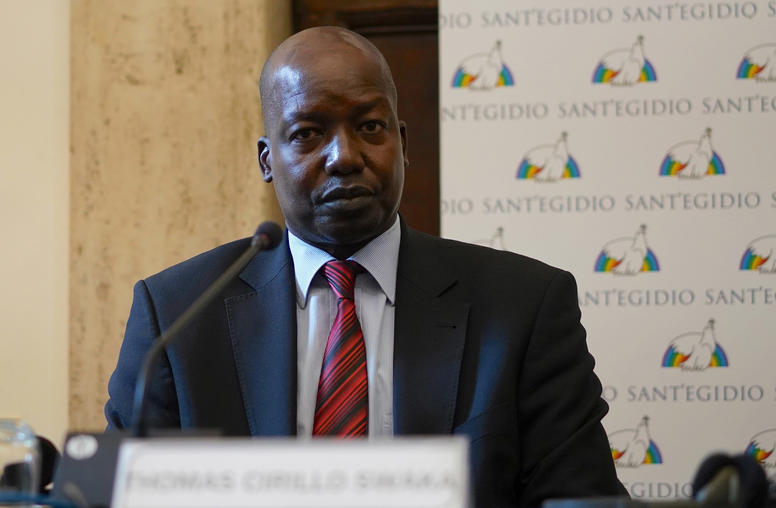
Conflict and Crisis in South Sudan’s Equatoria
South Sudan’s civil war expanded into Equatoria, the country’s southernmost region, in 2016, forcing hundreds of thousands to flee into neighboring Uganda in what has been called Africa’s largest refugee exodus since the 1994 Rwandan genocide. Equatoria is now the last major hot spot in the civil war. If lasting peace is to come to South Sudan, writes Alan Boswell, it will require a peace effort that more fully reckons with the long-held grievances of Equatorians.